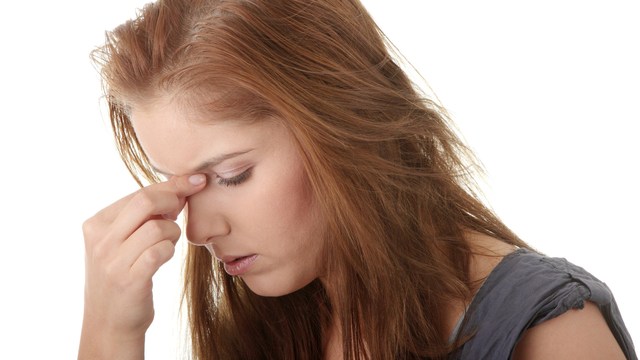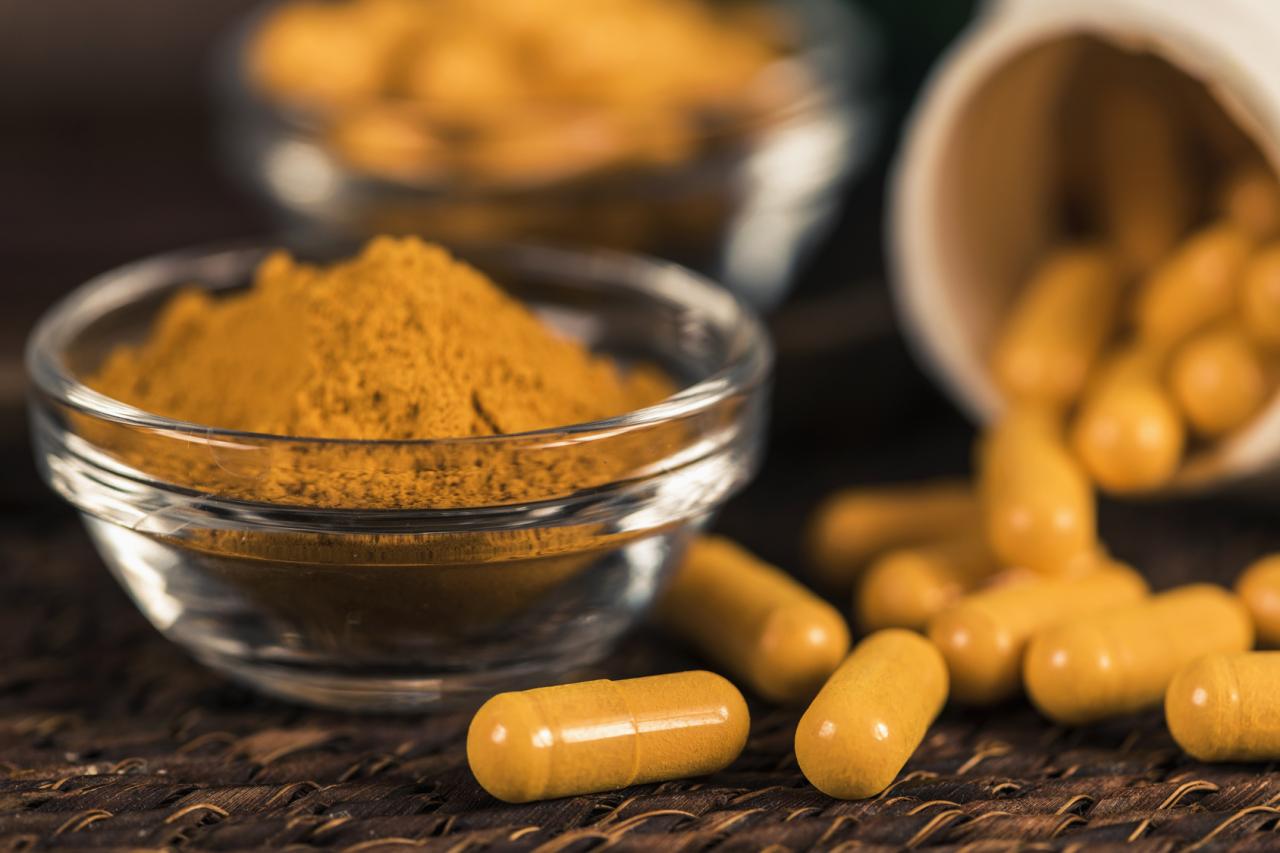 B-D-S/PhotoSpin
B-D-S/PhotoSpin
If you are a young woman suffering from migraines, you could also be at risk for depression, according to a new study. A Canadian study published in the journal Depression Research and Treatment stated that there is an association among migraines, depression and suicidal ideation.
More specifically, researchers found that more women than men have migraines and depression, and depression is more prevalent for those who have migraines. In fact, 12.4 percent of women with migraines had depression, compared to 5.7 percent of women without migraines.
“When the sample was restricted to women with migraine, those with depression were younger, unmarried, and poorer and had more activity limitations and limitations in ADLs [activities of daily living] than the nondepressed,” reported the study. The same results apply to men as well.
The study results also show that more women than men suffer from suicidal ideation, and more commonly when they have migraines.
“When the sample was restricted to women with migraine, the odds of suicidal ideation were higher for those who were younger, unmarried, and poorer and had more limitations in activities than those who had never seriously considered suicide,” the study said.
Researchers point to the fact that it is concerning how young Canadians with migraines particularly are so vulnerable to depression and suicidal ideation.
“For both genders, migraineurs under the age of 30 had at least six times the odds of current depression and four times the odds of lifetime suicidal ideation when compared to those aged 65 and above,” the study stated.
According to researchers, having migraines at an early age could negatively impact a “normal development process,” as well as education, career and family, which could later be associated with the development of depression and suicidal ideation.
“Older migraineurs, by contrast, have had a longer time to adjust to their condition, for example, by learning effective coping mechanisms or achieving adequate treatment, which may reduce the perceived burden of their illness,” the study said.
Researchers also note that greater social support could lower risk for depression and suicidal ideation, especially considering the study results show that single people with migraine tend to be more at risk for both.
The authors of the study recommend that people with migraines are screened for depression and suicide risk based on their study results.
Erica Mather, a yoga instructor and migraine sufferer, said in an email that she believes chronic pain in general can make a person depressed because it feels like the pain will never end.
“The prospect of living your life with debilitating pain is depressing,” Mather said. “That's why some people with these sorts of illnesses end up taking their own lives.”
Besides treating migraines with medication, Mather suggested trying the following to help cope with the pain: yoga, pranayama, acupuncture, vitamins, healthy diet, consistent sleep and biofeedback.
Tamara Hill, a mental health therapist and migraine sufferer, said in an email that she started getting migraines when she began college and had a tight schedule. She had to go to the hospital on many occasions because the pain was so terrible.
“When migraine headaches enter the picture, sometimes depression does as well,” Hill said. “There are many reasons for this, such as becoming depressed because pain slows your life down, because the pain is chronic, or because there is something neurological going on.”
“Sometimes it is the other way around, such as depression causing migraines because of high levels of stress,” she added.
Migraines are not like other headaches, Hill said. They are neurological disorders that are treated generally first with abortive drugs, then antidepressants. She said this is due to research suggesting migraines are linked with low levels of serotonin like depression.
“The recent research citing a correlation between depression and migraines doesn't surprise me at all,” Hill said. “Physical pain is often associated with depression.”
“Some people who are depressed have physical ailments they never had before, such as nausea, stiff joints, muscle pain or tension, back pain, headaches, and heightened sensitivity to pain,” she added.
Hill believes women might be more susceptible to migraines and depression because of the female hormonal system.
She said her mood has improved with treatment of her migraines, and besides taking medication she suggests the following coping methods: meditation, zumba, consistent exercise, “stress-free family time” and “relaxation training using imagery or relaxing sounds.”
Sources:
Brennenstuhl, Sarah; Fuller-Thomson, Esme and Schrumm, Meghan. Depression Research and Treatment. Migraine and Despair: Factors Associated with Depression and Suicidal Ideation among Canadian Migraineurs in a Population-Based Study. Web. October 23, 2013.
http://www.hindawi.com/journals/drt/2013/401487
Medical Xpress. Depression twice as likely in migraine sufferers. Web. October 23, 2013.
http://medicalxpress.com/news/2013-10-depression-migraine.html
Mather, Erica. Email interview. October 22, 2013. http://www.ericamather.com/about/
http://www.elephantjournal.com/2013/03/hopefulness-hopelessness-musings-on-the-spiral-of-chronic-illness
Hill, Tamara. Email interview. October 22, 2013.
http://about.me/mentalhealth
Reviewed October 24, 2013
by Michele Blacksberg RN
Edited by Jody Smith





Add a CommentComments
There are no comments yet. Be the first one and get the conversation started!